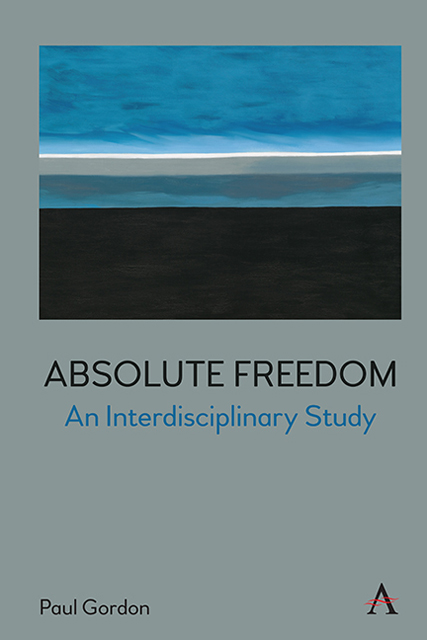3 - The Essence of Human Freedom: Fichte and Schelling
Published online by Cambridge University Press: 10 January 2023
Summary
Fichte. For Fichte, as for Kant, Schelling, and the other Idealists, freedom begins with consciousness. More specifically, it begins with the inherent split, or doubling, that is created the moment consciousness, which is always consciousness of something, suspects that it is something different from the very objects—including the objectified “I,”—that constitute reality:
I do not know without knowing something. I do not know anything about myself without becoming something for myself through this knowledge – or, which is simply to say the same thing, without separating something subjective in me from something objective.[…] What is objective is supposed to subsist through itself, without any help from what is subjective and independently of it. What is subjective is supposed to depend on what is objective and to receive its material determination from it alone.
“Deep Down,” as Henry James describes it, there is a subjectivity that is separate from the subjectivity that is known to us as subjectivity— the latter being the ego, as opposed to the “Ich” or, as Fichte along with others describe it, the will: “The absolute spontaneity (or “self-activity”) and independence (or “self-sufficiency”) that lies at the root of the I […] manifests itself in the willing I as a moment of free practical self-determination.” As with Schopenhauer, this will is the Kantian “absolute,” but an absolute that is localized more specifically within us: “The unity [das Eine] that is divided—which thus lies at the basis of all consciousness and due to which what is subjective and what is objective in consciousness are immediately posited as one—is absolute = X, and this can in no way appear within consciousness as something simple” (p. 11, underlining mine). Fichte, anticipating Freud's later notion of “repression” (Verdrängung) as the essence of consciousness, refers to this separation between our absolute subjective freedom and objective reality as “resistance” (Widerstand), and it is against such resistance, or repression, that freedom exists:
This resistance is represented as the opposite of activity, hence as something that merely endures, lying there quietly and dead, something that merely is and in no way acts, something that strives only to continue to exist and thus resists the influence of freedom upon its territory only with that degree of force that is required to remain what it is but is never able to attack the latter on its own territory.
- Type
- Chapter
- Information
- Absolute FreedomAn Interdisciplinary Study, pp. 39 - 56Publisher: Anthem PressPrint publication year: 2022

